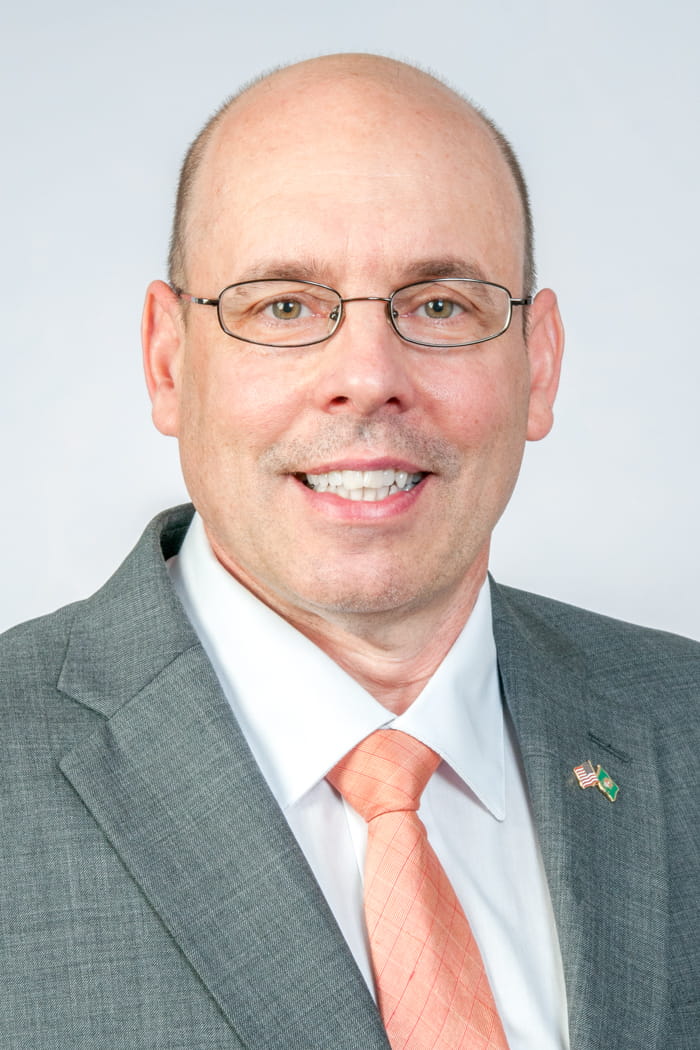
A new drug aimed at preventing lower respiratory tract disease caused by respiratory syncytial virus (RSV) is now approved for use in the U.S.
The Food and Drug Administration (FDA) approved Arexvy for individuals ages 60 and older, making it the first approved RSV vaccine available in the U.S.
Data from clinical trials shows Arexvy reduced the risk of lower respiratory tract disease from RSV infection by 82.6 percent in people ages 60 and older who received a single dose of the vaccine.
While RSV commonly affects children under the age of two, the virus also affects older individuals. Approximately 6,000-10,000 adults ages 65 and older die from RSV each year, according to the CDC.
Symptoms of RSV include a runny nose, cough, and fever, as well as serious respiratory distress in some cases.
Once a person is infected with RSV, there is no designated treatment. Most cases will resolve on their own within 1-2 weeks.
However, some patients see the illness progress to the point where it causes life-threatening pneumonia and bronchiolitis. In the most severe cases, a person will be hospitalized and require additional oxygen, IV fluids, or intubation.
After reviewing clinical study data for Arexvy, which is manufactured by GlaxoSmithKline Biologicals for several months to assess its safety and effectiveness, the FDA approved the drug for use.
Each of the 25,000 participants in the study were administered a single dose of either the drug or a placebo. There were 12,500 who received Arexvy and 12,5000 who received the placebo.
Common side effects from individuals who received the vaccine included:
In addition to reducing the risk of RSV-associated lower respiratory tract disease, the risk of developing severe RSV-associated LRTD was lowered by 94.1 percent, according to clinical data.
Of the 25,000 participants, 14 reported experiencing atrial fibrillation within 30 days of vaccination – 10 of whom received Arexvy in the trial. Two other studies of Arexvy focusing on patients ages 60 and older reported two people developing a rare type of inflammation affecting the brain and spinal cord called acute disseminated encephalomyelitis (ADEM), along with one person developing Guillain-Barre syndrome nine days after receiving Arexvy.
GlaxoSmithKline Biologicals continues to follow up on signs of serious risks for atrial fibrillation, Guillain-Barré syndrome, and acute disseminated encephalomyelitis.
All participants will remain in the study through three RSV seasons to determine its long-term effectiveness, as well as the safety and effectiveness of repeat vaccination.
“Approving this RSV vaccine for older individuals in the U.S. has the potential to save many lives each year,” said Emil Lesho, DO, Program Director of Healthcare Epidemiology at Rochester Regional Health. “Eligible adults should talk with their primary care provider to determine if this vaccine would be a good preventative measure for their health.”
Two other RSV drugs are now available to help prevent RSV in infants and toddlers up to 24 months. The FDA approved Beyfortus in July, a single shot drug developed by AstraZeneca and Sanofi that offers protection against the risk of RSV infection.
A second drug called Abrysvo was approved by the FDA in August and aims to reduce the spread and severity of LRTD caused by the virus in infants by providing it to pregnant people between 32 and 36 weeks of pregnancy.
During clinical trials, 82 percent of babies were protected against severe medically attended LRTD from RSV in the first 90 days of life. That protection extended to 69.4 percent for infants over the age of six months.
Parents and pregnant people can visit their local pharmacy for either of these shots to help protect their little ones.
